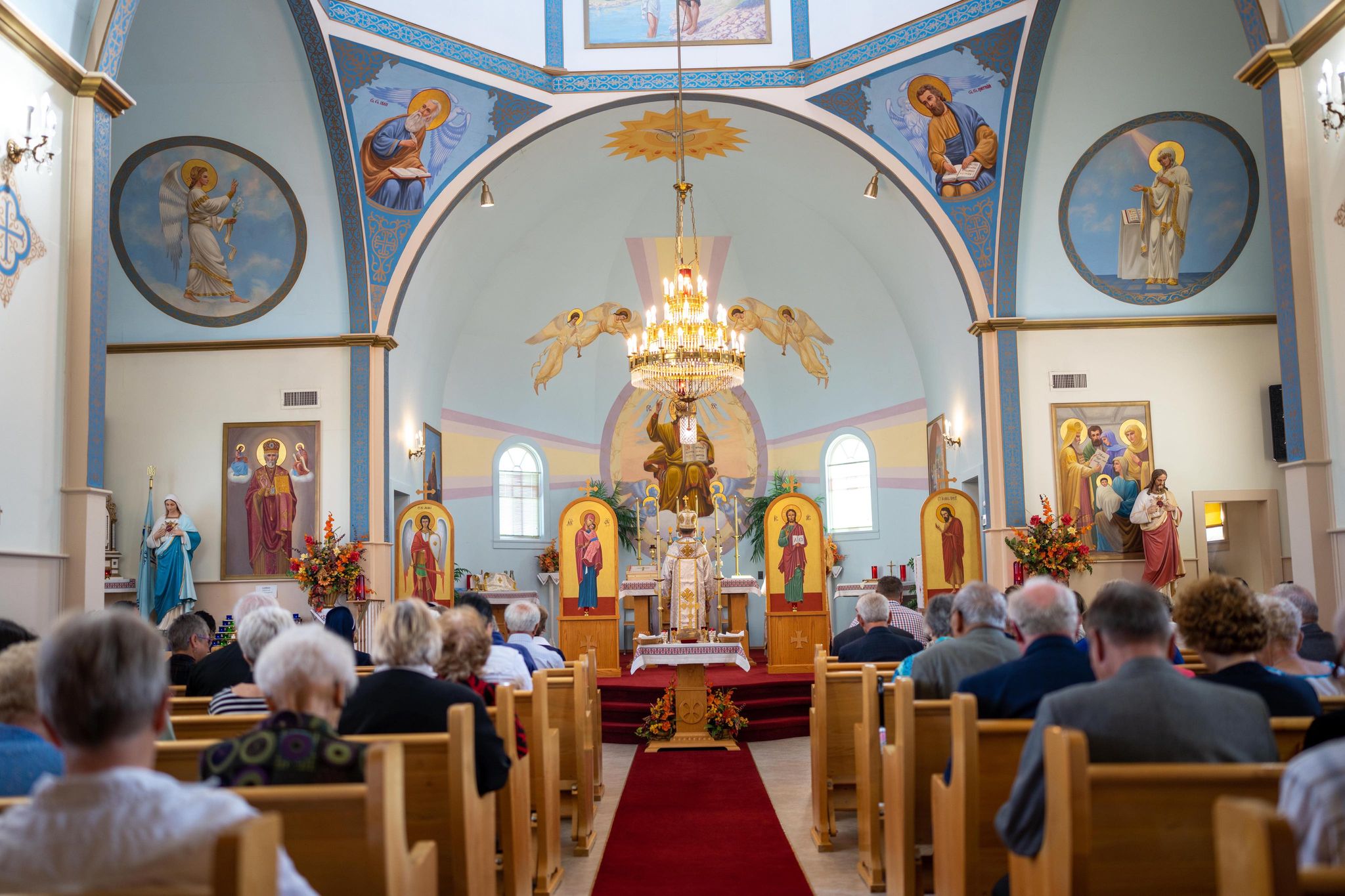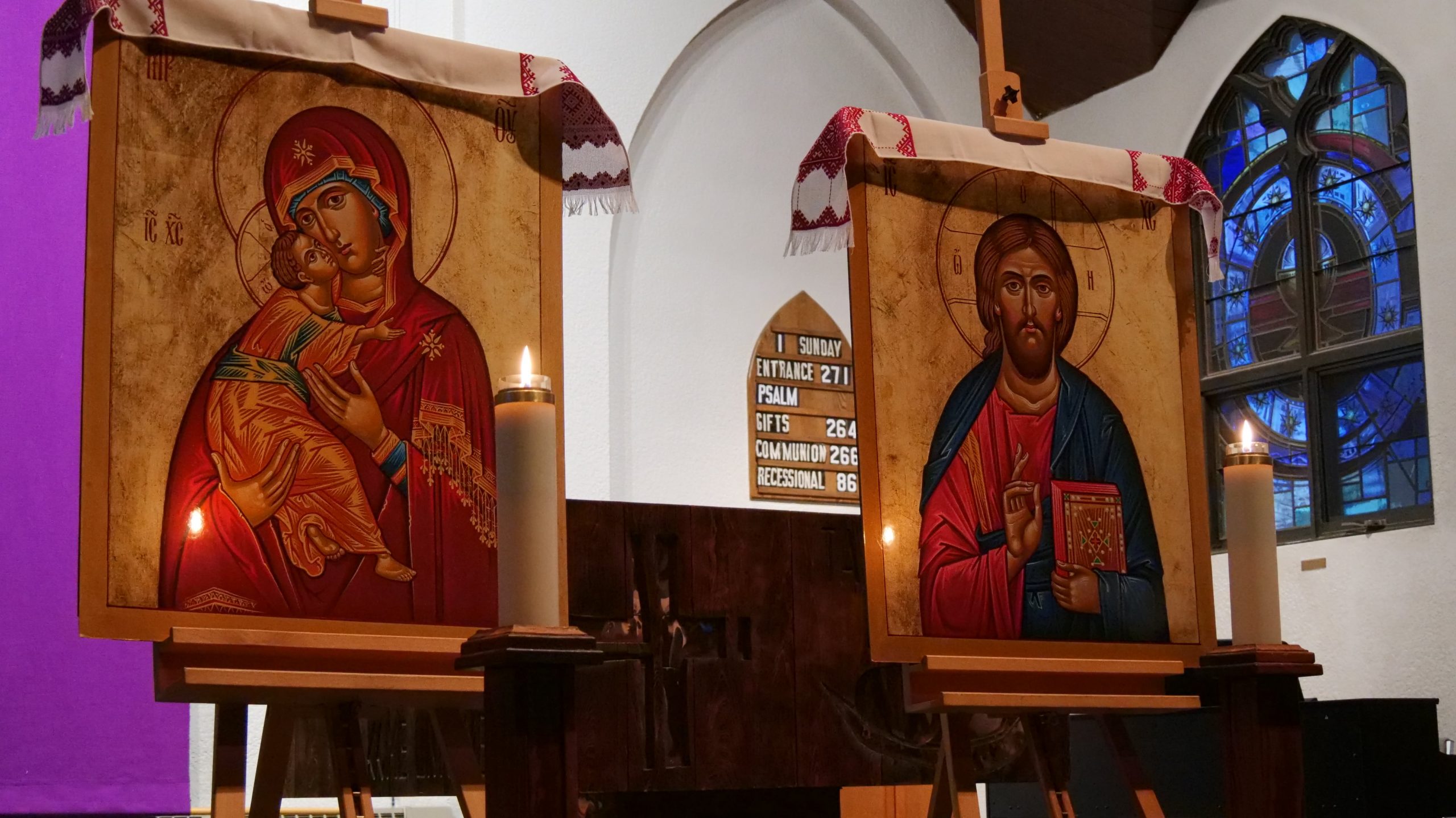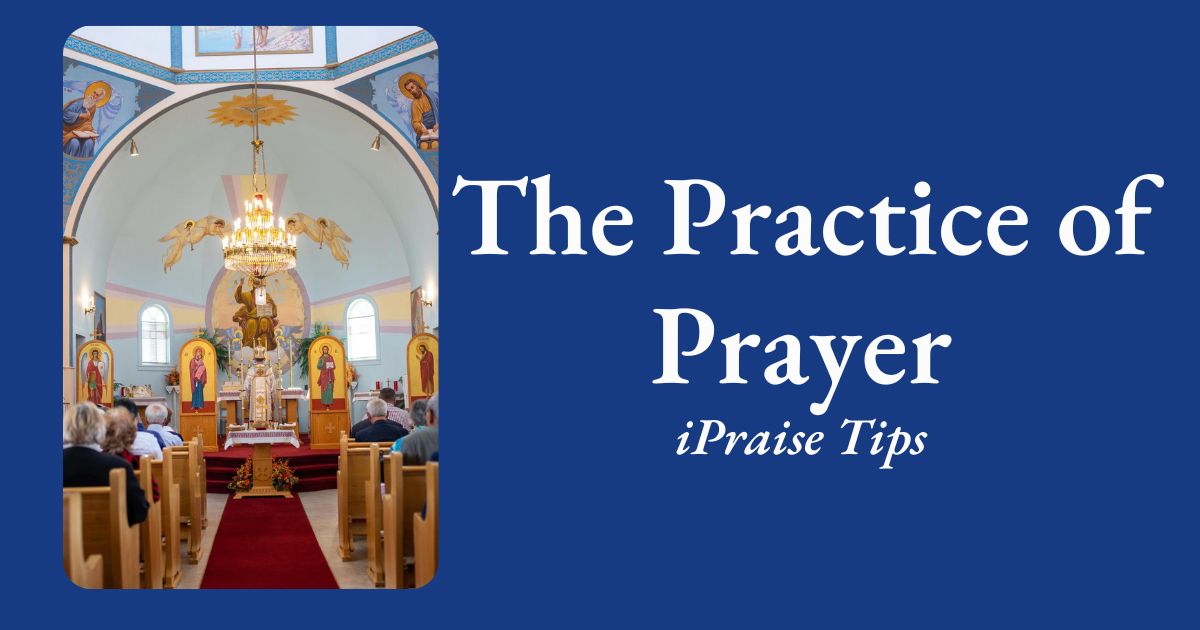1. Prayer with the Psalms
Praying with the words of Holy Scripture has been done since ancient times. One type of this prayer is the psalms, found in the old testament of the Bible, which serve as a guide and a way to learn how to pray. The psalms are spiritual songs that were prayed by various people in the Old Testament, including prophets, kings, priests, and the entire community of believers. Even Jesus Christ prayed the psalms and was familiar with them since childhood. He even prayed them while he was crucified. When we pray the psalms, we come to realize God’s greatness, beauty, wisdom, and power. At the same time, we acknowledge our own weaknesses and sins before God. Through praying the psalms, we develop qualities like simplicity, humility, sincerity, trust, acceptance, and love.
2. Short Prayers
When Christians are in the presence of God, they often feel overwhelmed with joy and admiration, leading them to express their feelings in short prayers. These prayers are commonly used to conclude liturgical prayers and praise the Father, Son, and Holy Spirit. They may also include mentioning the names of the Divine Persons, such as “Lord,” “God,” “Father,” “Son of God,” “Jesus Christ,” or “Spirit of truth.” By using these names, we express our emotions, whether it’s joy or anxiety, and we entrust ourselves to God’s care. It’s important to remember that invoking God’s name should never be done disrespectfully or in a blasphemous manner.
Christian greetings can also be seen as brief prayers. For example, saying “Glory to Jesus Christ!” with the response “Glory forever!” or “Christ is risen!” with the response “Truly he is risen!” These greetings sanctify our meetings and partings. The prayer “Everlasting memory” is a way for the living to pray to God for the deceased. Some short prayers have been passed down through the languages of early Christian communities. For instance, the word “Alleluia!” meaning “Praise the Lord!” is still used universally among Christians. “Amen,” which means “so be it,” is a brief prayer that shows our readiness to accept whatever the Lord sends us in peace.
In addition to short prayers of exclamation, there are also short prayers of petition, such as “Lord, have mercy” or “Grant this, O Lord.” These petitions express our belief that God’s mercy provides everything we need. Another short prayer, “To you, O Lord,” is a dedication of ourselves, one another, and our entire lives to Christ our God. The simplicity of these brief prayers reflects our decision to let go of unnecessary words and trust in the Lord, who knows all our needs (see Mt 6:32).
3. The Gift of Tears in Prayer
Tears are like the soul’s wounded blood, as taught by Saint Gregory of Nyssa. When we pray with tears, it is a gift from God that allows us to express our sorrow for sins and our longing for God. It is a deep feeling that arises when we become aware of God’s beauty and our own imperfections. This tension between God’s perfection and our flaws leads us to shed tears over our imperfections and empathize with the suffering of creation. Spiritual ascetics teach that the fear of God leads to tears of repentance, which bring spiritual joy and strength. Through tears, pain, suffering, and joy, our souls bear good fruit, and we are blessed. The gift of tears purifies our spiritual vision, enabling us to see the world as God does. This transforms us, so we no longer judge others but are filled with loving mercy, able to understand and meet the needs of others.
4. Vocal Prayer
We pray using our words, thoughts, and feelings. Initially, prayer is often just spoken words. However, it becomes more meaningful when our thoughts and emotions are engaged alongside verbal prayer. Speaking prayers is spiritually beneficial when we focus internally as well. Spiritual masters advise that if our attention wanders, we should bring it back to the place where it drifted and continue reciting the prayer until we can say it without distractions. Distractions may come from inexperience or external temptations, but with perseverance, even temptations won’t hinder our prayer. When we pray vocally, we are like the angels, joining them in praising God.
Throughout their lives, the Holy Fathers and Mothers combined vocal prayer with mental and heartfelt prayer. This union allows prayer to fill our entire being. When our heart is connected to our mind during prayer, our words truly convey their meaning, and our heart experiences what our mind contemplates.

5. The Role of Silence in Prayer
To pray, we need to find inner silence with God’s help by pushing away troubling thoughts. This silence is necessary for us to hear God and have a conversation with Him. The closer we are to God, the more profound our prayer becomes. Eventually, we reach a point where we don’t need words anymore to stay in God’s presence. We become silent once again, but this silence goes beyond words and thoughts. This kind of silence is called true and attentive devotion, as taught by the Holy Fathers. They say that silence is both the starting point of our prayer and a way to contemplate God.

6. The Jesus Prayer and Prayer on the Rosary
Throughout history and even today, our spiritual tradition has passed down a deep yet simple prayer known as the Jesus Prayer. It involves repeatedly saying, “Lord, Jesus Christ, Son of God, have mercy on me, a sinner.” This prayer is named after Jesus Christ, as His name is continuously invoked. Its purpose is to cultivate a constant and vivid awareness of God’s presence within our hearts.
The Jesus Prayer is often recited using a prayer cord, which typically has one hundred knots to facilitate repeating the prayer one hundred times. Before beginning the Jesus Prayer, we start with the Usual Beginning, which includes the Heavenly King, the Thrice-Holy Hymn, the Most Holy Trinity, and the Our Father up to the Creed. After this, we begin the first set of one hundred prayers, called a century. We can recite one century or multiple centuries. Each century concludes with the hymn honoring the Mother of God. The goal is not simply to repeat the prayer a certain number of times, but to instill a sense of the Savior’s presence in our hearts.
In addition to the Jesus Prayer, some in our Church also practice the Marian Rosary. The Rosary is a devotional prayer to God, specifically focused on praising the Most Pure Virgin Mary. It is accessible and easy for everyone to engage in. The Rosary involves repeating the prayer “Rejoice, Mother of God, Virgin Mary” 150 times, corresponding to the number of Psalms of David. Each set of ten prayers is marked by the recitation of the Our Father and includes reflections on the life of Jesus Christ, known as mysteries. Saint John Paul II added five additional mysteries, called Luminous Mysteries, to the traditional fifteen mysteries of the Rosary.
7. The Examination of Conscience
Before going to bed, we have a special prayer practice called the examination of conscience. It involves looking back on the day we just lived, considering God’s commandments. The purpose is to see how God cared for us and to recognize our own mistakes and weaknesses. By viewing the events of the day through God’s perspective, we can understand them truthfully. This helps us transfer those events from our memory to our conscience and evaluate them based on God’s standards.
The prayerful examination of conscience is a valuable opportunity for self-awareness. We become more attentive to our actions, words, and thoughts. We notice things within ourselves that we wouldn’t otherwise see without this prayer. We also become aware of our shortcomings without making excuses. Trusting in God’s mercy, Saint Basil the Great teaches that at the end of the day, we should give thanks for what went well and confess any wrongs or omissions we may have committed, whether intentionally or unknowingly. Through prayer, we seek God’s forgiveness for all our mistakes, and examining our past actions helps us avoid similar faults in the future.
A result of this prayerful examination of conscience is the grace to forgive others and find inner peace. It also involves recognizing God’s plan within the events of the day. When we see God’s hand at work in the people we encountered and the situations we faced, we can accept everything that happened with gratitude and sense God’s closeness in our experiences. To conclude our examination of conscience before falling asleep, we can echo the words of the psalmist: “I lie down and sleep; I awake again, for the Lord sustains me” (Psalm 3:5).

